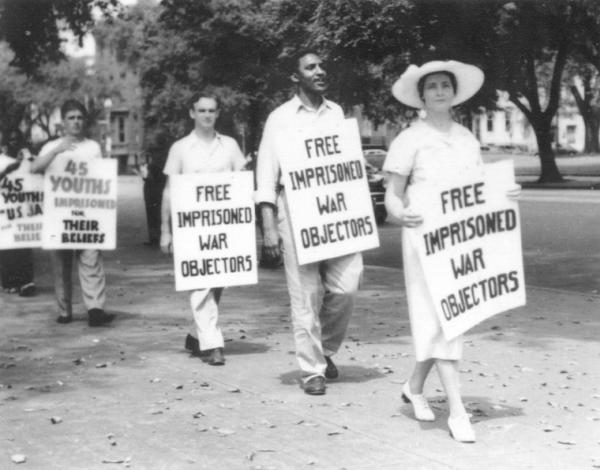YOUR CART
- No products in the cart.
Subtotal:
$0.00
BEST SELLING PRODUCTS

By 1940, American industries were flooded with orders as President Roosevelt prepared the nation for war. To protest the continued job discrimination against African Americans, A. Philip Randolph, head of the Brotherhood of Sleeping Car Porters, threatened to organize a national march of 10,000 African Americans on Washington, D.C., to take place on July 4, 1941.
Disillusioned when he discovered that the Soviet Union’s interest in the fate of America’s black masses was in service of its own global objectives, Rustin quit the American Communist Party in the spring of 1941, and joined the planning committee for Randolph’s planned march. To prevent the march, and the negative attention it would have drawn both at home and abroad, President Roosevelt in late June issued Executive Order 8802, banning discrimination based on “race, creed, color, or national origin” in all plants with defense contracts. When a placated Randolph dissolved his plans for the march, Rustin was outraged.
Rustin then joined the Fellowship of Reconciliation (FOR), an interfaith peace and justice organization born at the outset of the First World War. Under the leadership of cleric A. J. Muste–the man that Time magazine labeled “No. 1 U.S. pacifist”. Muste and the FOR were deeply influenced by the teachings of Gandhi, teachings that would guide Rustin’s career the rest of his life.